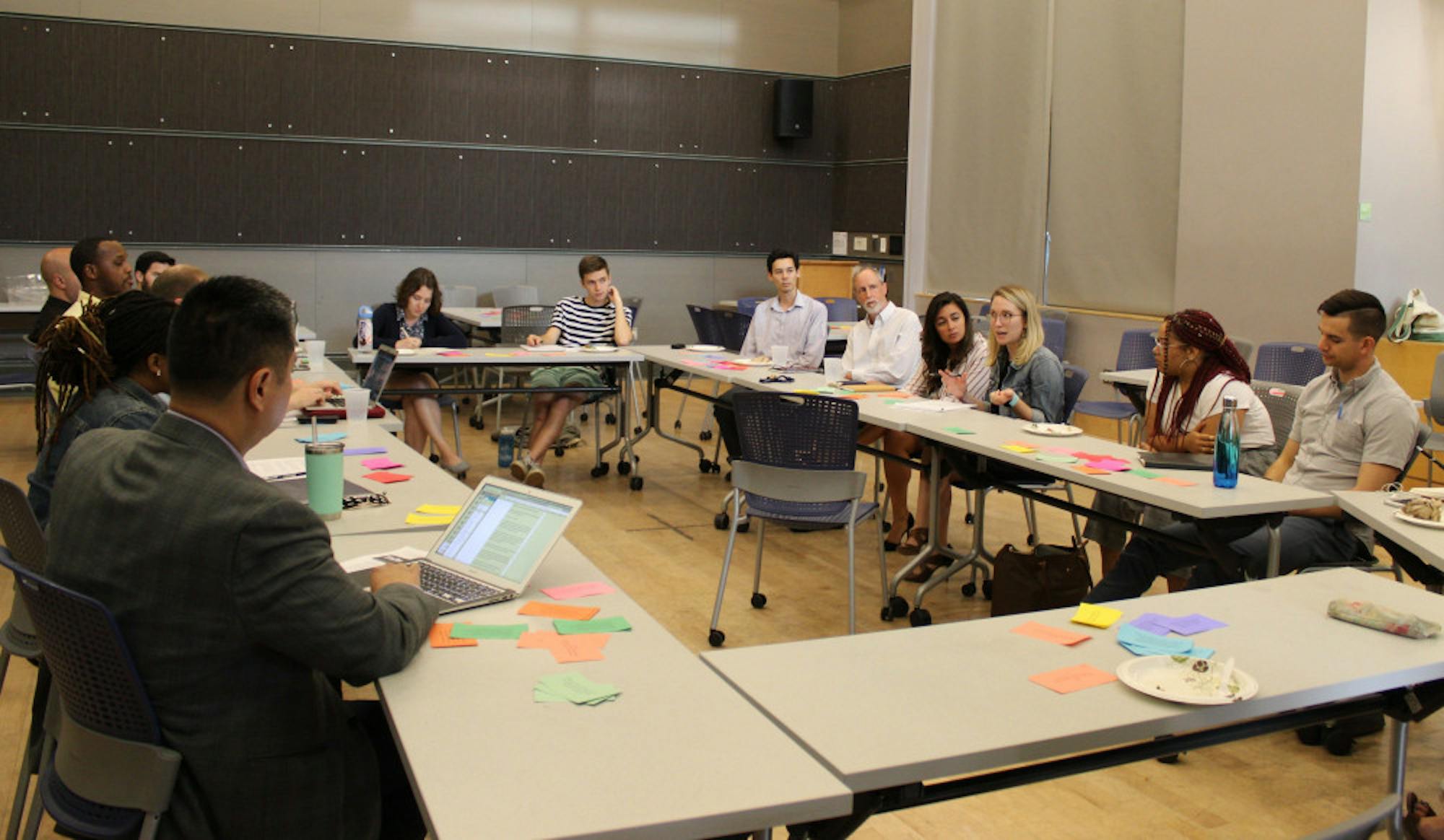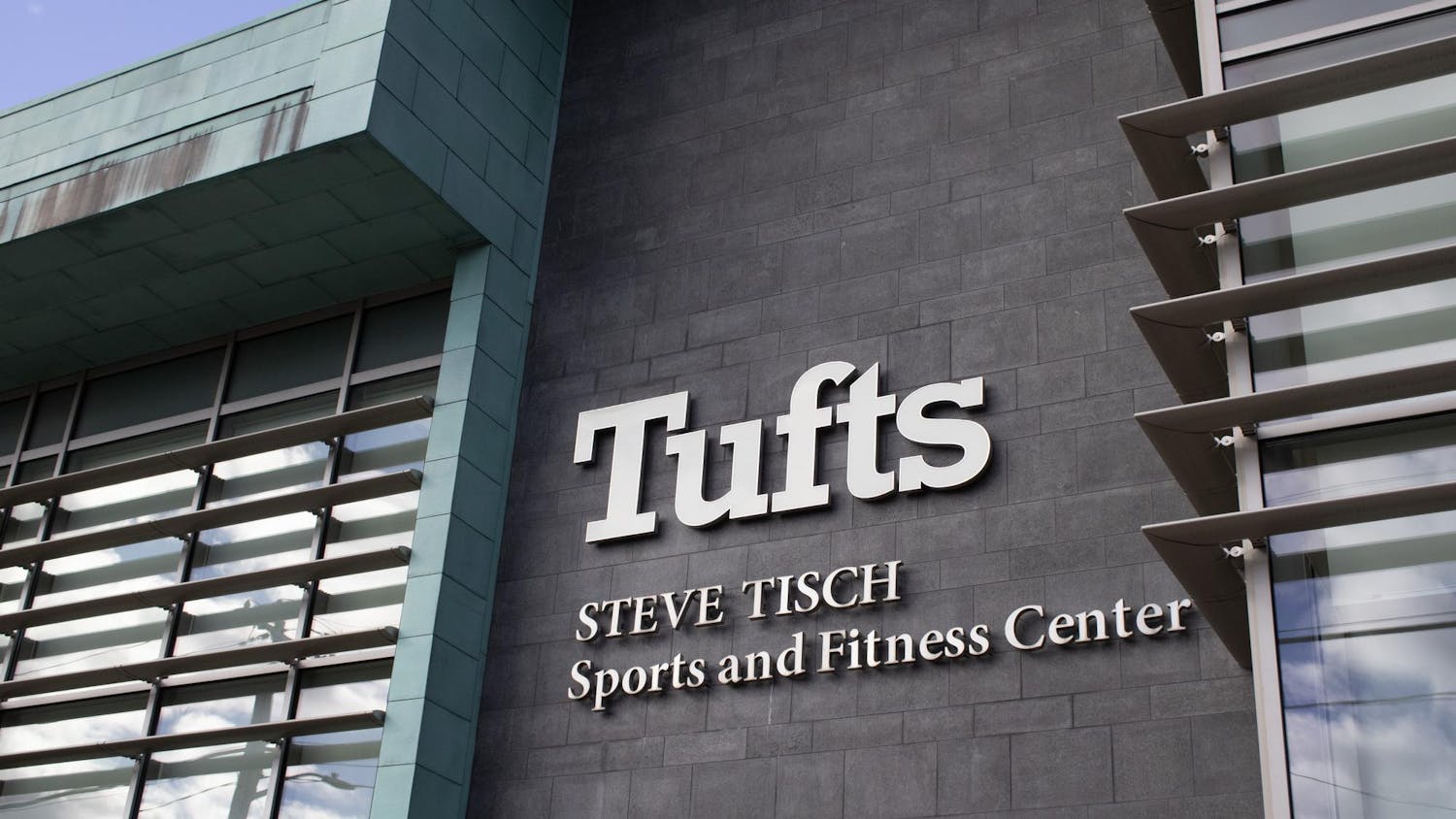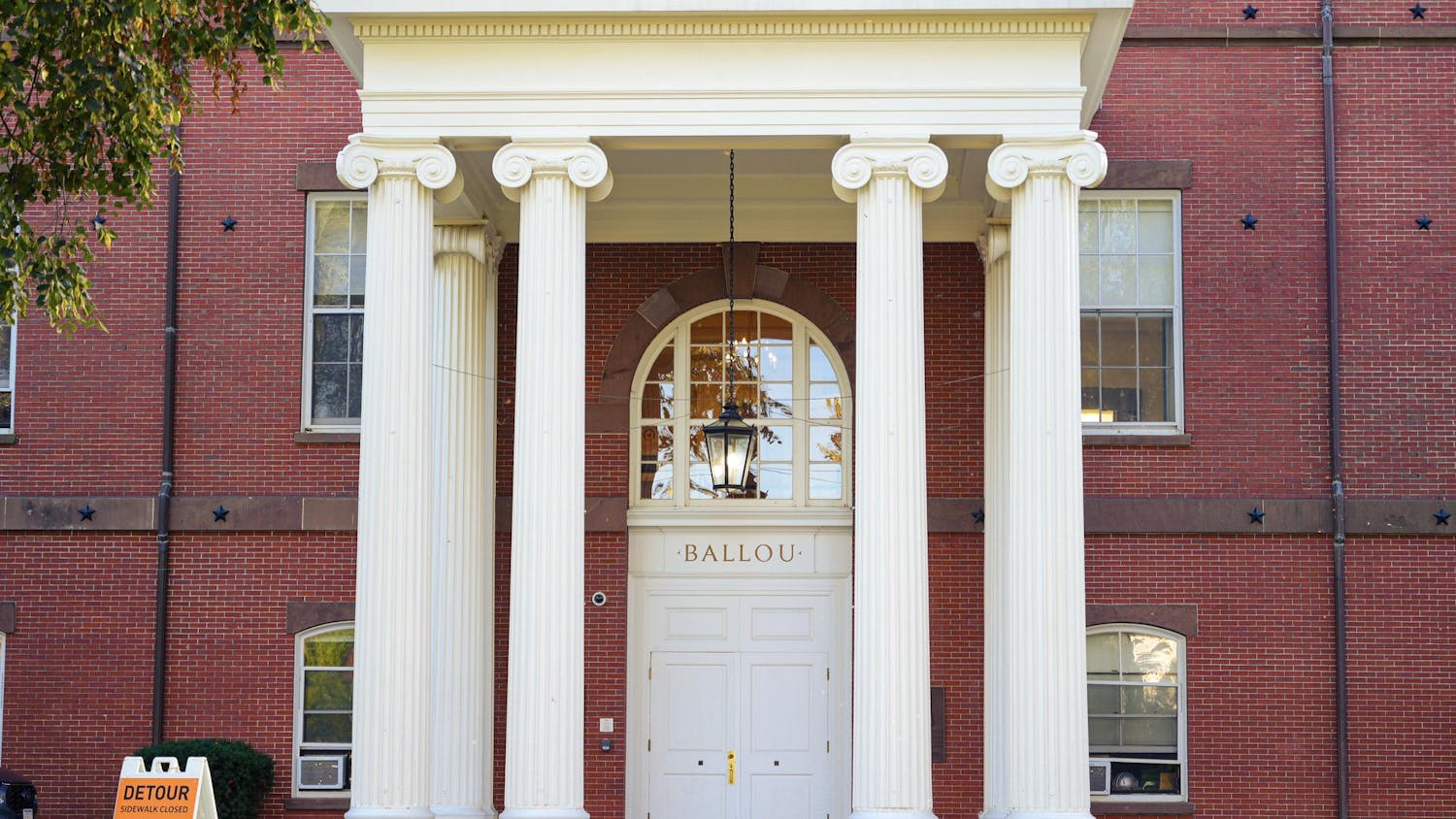The Committee on Student Life (CSL) hosted a feedback session and public forum to hear comments on the recently announced updates to the student code of conduct in the Sophia Gordon Multipurpose Room on Monday night. Approximately 20 students and faculty members were in attendance.
Among those present were Director of Community Standards Kevin Kraft, Dean of Student Affairs Mary Pat McMahon and other student and faculty members of the CSL, all of whom answered questions on a variety of topics regarding the updated set of community standards that applies to both new and returning students. “Our purpose today is to have a community conversation about how people are feeling and what they’re thinking,” Kraft said in an opening statement before opening discussion to the whole room.He later said that feedback from the session would be reported to the CSL and the Dean of Student Affairs Office, and that those bodies would review the feedback for further consideration and possible implementation at the next regular policy review.
The new code of conduct, announced in an Aug. 31 email to the Tufts community, includes changes to campus drug and alcohol policy, policy surrounding protests and demonstrations, and the school’s disciplinary policy.
The process of rewriting the code of conduct began in February 2018 when the Dean of Student Affairs’ Office approached the CSL, a group comprised of students and faculty members. Of the seven students on the CSL, five are elected undergraduates, while the other two are graduate students chosen by the Graduate Student Council, according to Kraft.
Other members of the student body could submit feedback on the old community guidelines through an online portal.
Changes to the university's student protests and demonstrations policy were a key concern for many students in attendance. The new policy states that students organizing a demonstration on campus must register their event through the Office of Campus Life (OCL) five days in advance, and may request an expedited authorization for spur-of-the-moment protests and demonstrations. Andrew Jeffries and Mia Lambert, both seniors, said they attended specifically to ask questions about these changes. “We heard buzz around the new gathering and protest policies and wanted some clarification” Jeffries said.While Kraft acknowledged students’ worries of censorship regarding on-campus protest, he affirmed that the policy was put in place to provide logistical assistance to student organizers, rather than allowing the school to prevent protests based on content or cause. “What we really wanted to do was to clarify that the policies that apply in everyday life still apply in protests and eliminate many rules that were protest-specific,” Kraft said.Kraft added that all on-campus events are required to register through the OCL, and that by registering public demonstrations, the school can better accommodate them and keep protesters safe through measures like rerouting traffic or providing security. “Part of the ethos at Tufts is to support activism,” Kraft said. “It’s part of our spirit and our culture here to encourage that kind of thing, and we want that to be the case.”Another major point of discussion Monday night was the change from the old code of conduct's rigid enforcement policy, which outlined explicitly what punishments accompany certain violations, to a more case-by-case review system.The new policy also includes a list of student rights in disciplinary hearings, including the rights to adequate notice of a hearing, to respond to the infraction in writing and to appeal hearing decisions through the CSL.
Alexandria Hayman, a member of the Tufts Community Union Judiciary, said that Kraft invited the Judiciary to the feedback session. She arrived with questions for CSL about these hearings.
"My personal concern was the number of students on disciplinary hearing juries, and that's something that I'm optimistic we'll be able to clarify with the administration in the coming year," Hayman, a senior, said in an email to the Daily.
The changes in the policies surrounding disciplinary action and the university’s enforcement of the guidelines were another point of discussion during the session. Some students at the meeting raised concerns regarding transparency and fairness in deciding punishments under the new guidelines.
Members of the CSL stated that ongoing review of the student code of conduct will be incorporated into the Council’s duties going forward, and that student perspectives will continue to be key to this process. They added that they hope the student body will continue to voice its opinions on the changes in policy.
Among those present were Director of Community Standards Kevin Kraft, Dean of Student Affairs Mary Pat McMahon and other student and faculty members of the CSL, all of whom answered questions on a variety of topics regarding the updated set of community standards that applies to both new and returning students. “Our purpose today is to have a community conversation about how people are feeling and what they’re thinking,” Kraft said in an opening statement before opening discussion to the whole room.He later said that feedback from the session would be reported to the CSL and the Dean of Student Affairs Office, and that those bodies would review the feedback for further consideration and possible implementation at the next regular policy review.
The new code of conduct, announced in an Aug. 31 email to the Tufts community, includes changes to campus drug and alcohol policy, policy surrounding protests and demonstrations, and the school’s disciplinary policy.
The process of rewriting the code of conduct began in February 2018 when the Dean of Student Affairs’ Office approached the CSL, a group comprised of students and faculty members. Of the seven students on the CSL, five are elected undergraduates, while the other two are graduate students chosen by the Graduate Student Council, according to Kraft.
Other members of the student body could submit feedback on the old community guidelines through an online portal.
Changes to the university's student protests and demonstrations policy were a key concern for many students in attendance. The new policy states that students organizing a demonstration on campus must register their event through the Office of Campus Life (OCL) five days in advance, and may request an expedited authorization for spur-of-the-moment protests and demonstrations. Andrew Jeffries and Mia Lambert, both seniors, said they attended specifically to ask questions about these changes. “We heard buzz around the new gathering and protest policies and wanted some clarification” Jeffries said.While Kraft acknowledged students’ worries of censorship regarding on-campus protest, he affirmed that the policy was put in place to provide logistical assistance to student organizers, rather than allowing the school to prevent protests based on content or cause. “What we really wanted to do was to clarify that the policies that apply in everyday life still apply in protests and eliminate many rules that were protest-specific,” Kraft said.Kraft added that all on-campus events are required to register through the OCL, and that by registering public demonstrations, the school can better accommodate them and keep protesters safe through measures like rerouting traffic or providing security. “Part of the ethos at Tufts is to support activism,” Kraft said. “It’s part of our spirit and our culture here to encourage that kind of thing, and we want that to be the case.”Another major point of discussion Monday night was the change from the old code of conduct's rigid enforcement policy, which outlined explicitly what punishments accompany certain violations, to a more case-by-case review system.The new policy also includes a list of student rights in disciplinary hearings, including the rights to adequate notice of a hearing, to respond to the infraction in writing and to appeal hearing decisions through the CSL.
Alexandria Hayman, a member of the Tufts Community Union Judiciary, said that Kraft invited the Judiciary to the feedback session. She arrived with questions for CSL about these hearings.
"My personal concern was the number of students on disciplinary hearing juries, and that's something that I'm optimistic we'll be able to clarify with the administration in the coming year," Hayman, a senior, said in an email to the Daily.
The changes in the policies surrounding disciplinary action and the university’s enforcement of the guidelines were another point of discussion during the session. Some students at the meeting raised concerns regarding transparency and fairness in deciding punishments under the new guidelines.
Past disciplinary actions against student groups and organizations are available through an annual report that can be shared upon request. Kraft pointed out that the report can provide useful context for those facing disciplinary action while still allowing the school to consider the unique details of each case. When asked further about the nature of disciplinary action in the discussion, he said that the CSL’s emphasis will tend to favor education over punishment.
Members of the CSL stated that ongoing review of the student code of conduct will be incorporated into the Council’s duties going forward, and that student perspectives will continue to be key to this process. They added that they hope the student body will continue to voice its opinions on the changes in policy.






